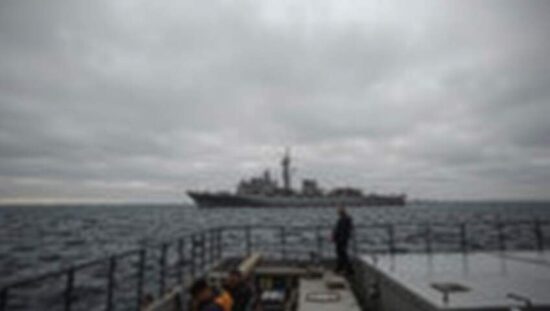The German Bundestag has approved the continuation of armed German forces’ involvement in multiple Bundeswehr operations in the Mediterranean Sea, a decision drawing criticism from opposition voices concerned about the mission’s efficacy and escalating geopolitical tensions. Thursday’s vote saw a substantial majority – 315 parliamentarians – endorse the extension of participation in the European Union-led Mediterranean operation, Eunavfor Med Irini. Conversely, 182 members voted against, while 69 abstained, highlighting a growing unease regarding Germany’s role in the region. A near-unanimous vote in favor – 388 to 169, with just three abstentions – also secured the extension of the NATO operation “Sea Guardian” for another year.
Operation Eunavfor Med Irini, designed to enforce the United Nations arms embargo against Libya and combat human trafficking and illicit oil exports, currently involves a German contingent of up to 300 soldiers undertaking roles such as maritime surveillance and reconnaissance. The government’s justification for the extension specifically cited ongoing violations of the arms embargo, with persistent deliveries of weapons, equipment and fighters to both eastern and western Libyan factions. The statement underscored the continued presence of foreign fighters, forces and mercenaries on both sides of the conflict, directly contradicting a ceasefire agreement reached in 2020.
For the “Sea Guardian” mission, up to 550 German soldiers will remain deployed, tasked with maritime surveillance, information sharing, combating maritime terrorism and restricting arms smuggling within the Mediterranean. While proponents argue these operations are crucial for regional stability and countering transnational threats, critics within the opposition have questioned the actual impact of German involvement, pointing to a lack of demonstrable success in curtailing arms flows or resolving the Libyan conflict. Concerns have also been raised regarding the potential for escalating tensions with other regional actors and the increasing militarization of the Mediterranean, with some arguing that a more diplomatic and humanitarian approach would be more effective in addressing the root causes of instability. The vote underscores a complicated and evolving German foreign policy position amidst a volatile geopolitical landscape.





